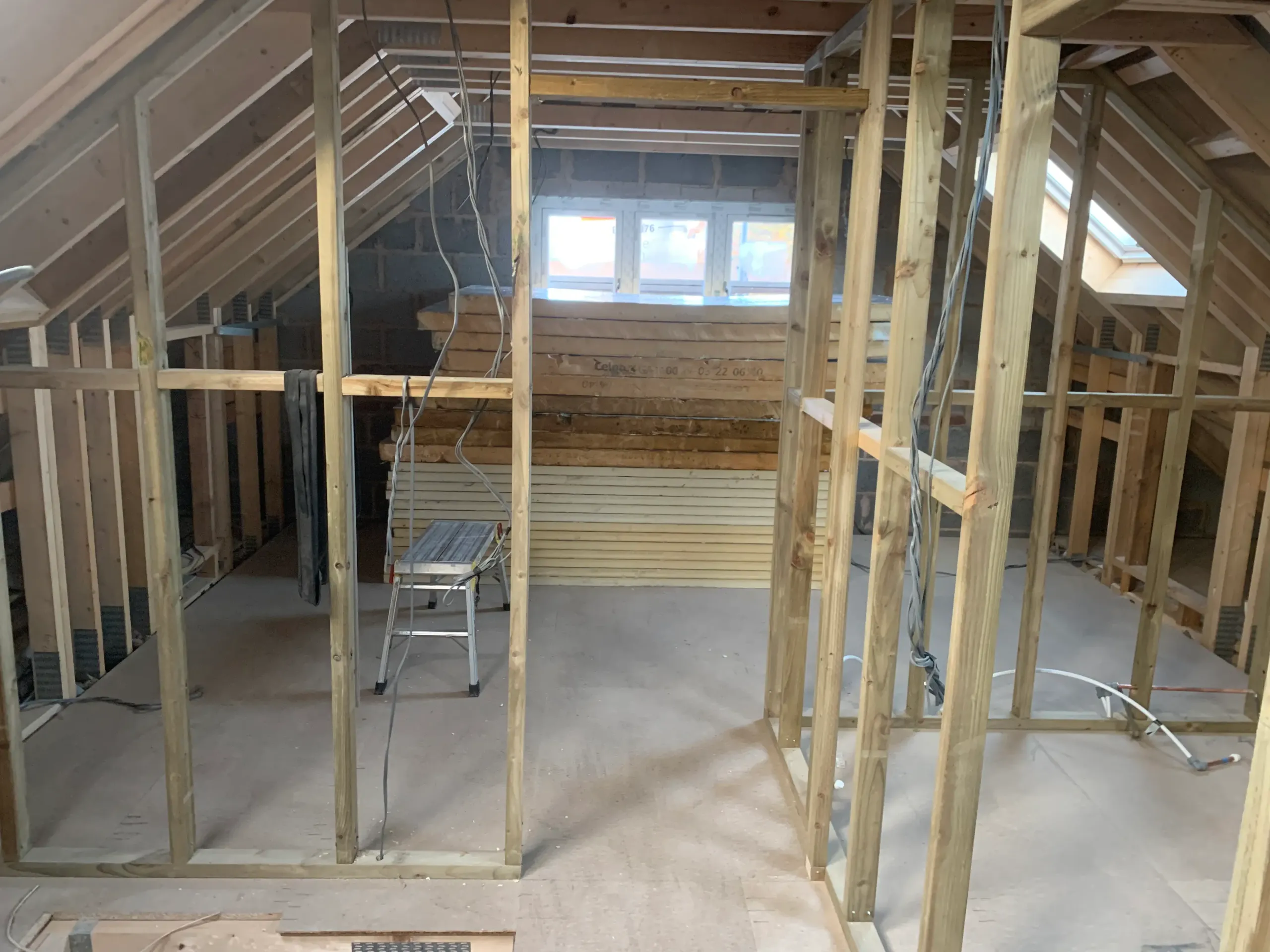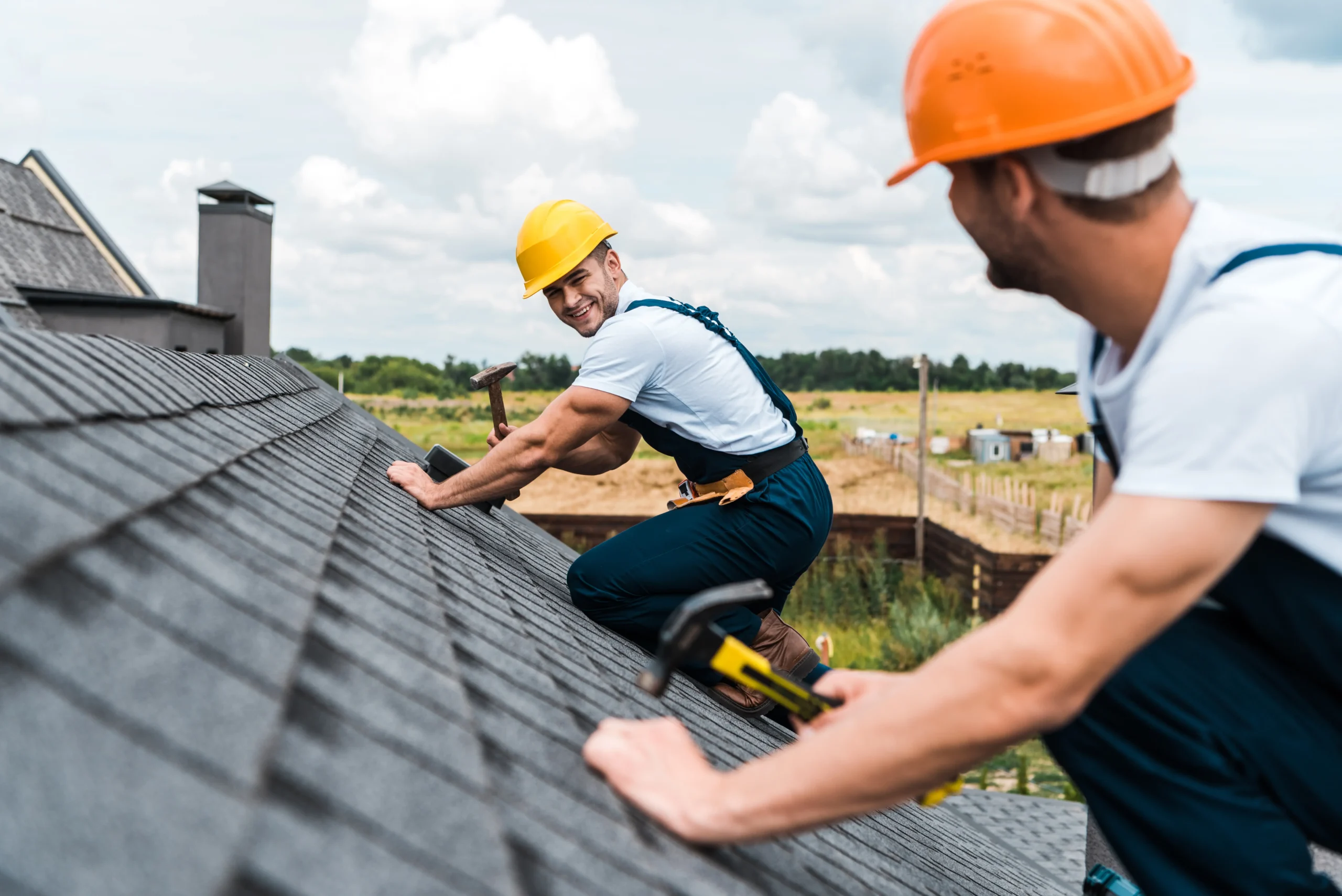Homeowners looking to enhance their living space often turn to loft conversions as a viable option. Not only does this provide an additional room within your property, but it can also significantly increase your home’s market value. In this blog, we delve into how much value a loft conversion can add to your home, factors influencing this value, and what to consider before embarking on such a project.
The Value Addition of a Loft Conversion
The potential value a loft conversion can add to your home varies, but estimates suggest an increase of around 15% to 20% of your property’s value. For instance, if your home is currently valued at £300,000, a well-executed loft conversion could potentially increase its value by £45,000 to £60,000. However, these figures are not set in stone and depend on several factors.
Factors Affecting Value Increase
1. Quality of the Conversion
The quality of workmanship, materials used, and overall finish significantly affect how much value the conversion adds. A high-quality conversion that blends seamlessly with the rest of the house is more likely to yield a higher return on investment.
2. Type of Conversion
There are different types of loft conversions, such as dormer, mansard, hip-to-gable, and Velux. The choice depends on your property type, budget, and desired outcome. More complex conversions like mansards may add more value but also cost more to complete.
3. Added Functionality
The function of the converted loft plays a role in value addition. For instance, adding an extra bedroom with an en-suite bathroom typically offers a higher value increase compared to a single bedroom or an office space.
4. Location
Property values vary greatly across the UK, and so does the impact of a loft conversion. In areas with higher property values, such as London and the South East, the addition of a loft conversion can significantly increase a home’s worth.
5. Compliance with Building Regulations
A loft conversion that complies with building regulations and has the necessary planning permissions is more valuable. This legal compliance assures potential buyers of the conversion’s safety and quality.
The Cost of a Loft Conversion
The cost of converting your loft varies based on the project’s complexity, the materials used, and the conversion type. On average, costs can range from £20,000 to £60,000. It’s important to consider whether the potential increase in property value justifies this investment.
Return on Investment
While a loft conversion can add value to your home, it’s also crucial to consider the return on investment (ROI). Generally, the ROI on a loft conversion is quite high compared to other home improvements. However, this depends on how well the project is executed and the current housing market conditions.
Considerations Before Starting a Loft Conversion
1. Planning Permission
While many loft conversions fall under ‘permitted development’ and don’t require planning permission, it’s essential to check this beforehand, especially if your conversion involves significant alterations.
2. Building Regulations
All loft conversions must comply with building regulations. This includes aspects like structural integrity, fire safety, and insulation. Ensuring compliance is crucial for both the safety and legality of the conversion.
3. Neighbour Considerations
If your conversion might impact your neighbours, it’s good practice to discuss your plans with them. This can help prevent disputes or objections later on.
4. Finding the Right Contractor
Choosing the right contractor is vital for ensuring the quality of the conversion. Look for experienced professionals with a good track record in loft conversions.
Conclusion
In summary, a loft conversion can add considerable value to your home, potentially increasing its worth by 15% to 20%. However, the actual value added depends on various factors like the conversion’s quality, type, and location. Before proceeding, consider the costs, potential ROI, and necessary legal compliance. With proper planning and execution, a loft conversion can be a lucrative and satisfying home improvement project.




